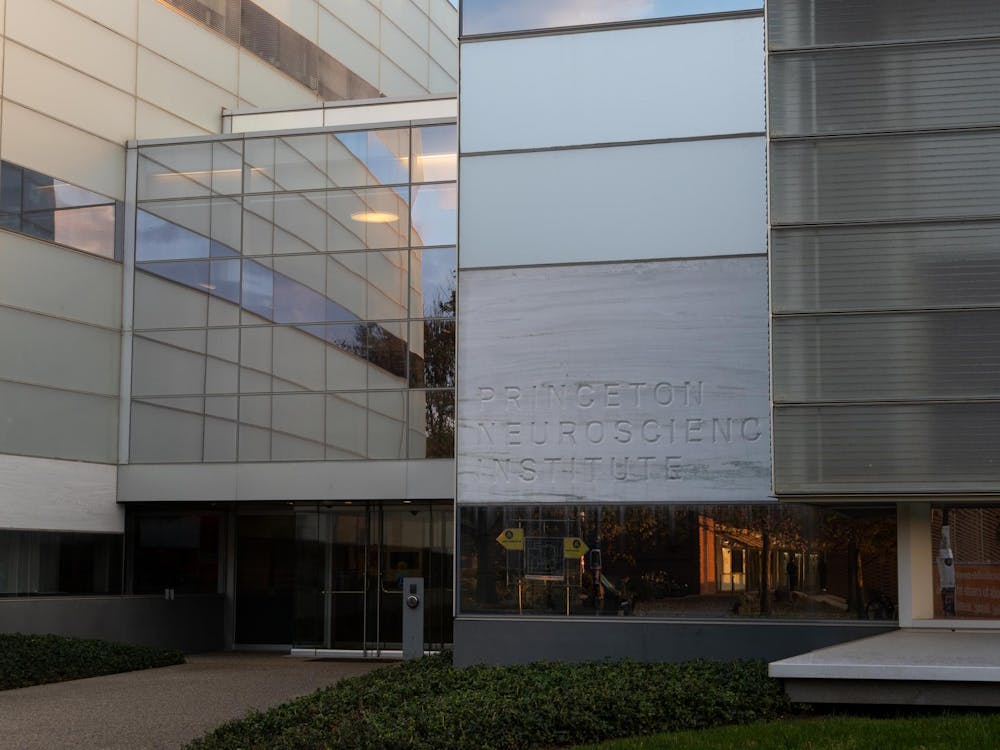As the nation's economy plowed along with unprecedented success during the last decade, businesses large and small across the country thrived.
And colleges and universities were no different, benefitting from swelling endowments and rapid expansion.
Faculty salaries have been on the rise as well, with professors faring better in the late 1990s than in any other time in recent memory.
But faculty have not been the only ones in the field of higher education to benefit from the booming economy. Many college and university presidents have watched their paychecks grow to nearly royal sums.
For example, University of Pennsylvania President Judith Rodin pulled in an impressive $655,557 last year, making her the most highly paid president in the Ivy League.
Richard Levin, Yale's president, was not far behind, earning $525,687. And coming in third in the Ivies, Columbia President George Rupp made $500,200 in 1999.
Princeton paid out $456,170 last year to President Shapiro — a man who has overseen an unprecedented 400-percent endowment growth rate. The University's endowment now tops $8 billion.
Presidents in the Ivy League are not the only ones who have benefitted from substantial salary windfalls. At New York University, president L. Jay Oliva made $649,633 and at Rice, Malcolm Gillis was paid $497,691.

Indeed, presidential salaries seem to be continually on the rise. And with a number of well-known universities hunting for their next leaders, successors likely will command top dollar.
As Princeton's own presidential search efforts roll on, the cost of attracting a candidate with the necessary skills to lead one of the world's most prestigious universities is likely on the minds of trustees and administrators alike.
For weeks already, members of the trustee-led committee have been hesitant to discuss even the most general details of the process.
As a result, no candidate names have been released and no timetables for making a decision have been made public. University officials said they worry releasing any information could scare desirable candidates away from Princeton in what is already a competitive process.

Robert Rawson '66 — president of the University Board of Trustees and chair of the search committee — said the trustees have not yet discussed the likely salary for Shapiro's successor, despite the pressure of growing presidential paychecks in the Ivy League.
"At this stage we're not considering that — it's not a factor," Rawson said. "This is something we will face down the road."
Nevertheless, Shapiro's successor will be expected to fill the shoes of a man with more than 20 years of experience serving as a university president. And despite Shapiro's seniority and remarkable success in increasing the endowment and strengthening financial-aid policies, his salary still lags behind some of his more recently appointed colleagues in the Ivy League.
Harvard University has seen the salary of its chief executive increase dramatically in the past decade. Derek Bok earned $249,008 in his last year as president of Harvard in 1991. But his successor — Neil Rudenstine '56 — last year earned nearly 50 percent more for the same job, according to Harvard University Director of News and Public Affairs Joe Wrinn.
And that trend of rapid salary growth can be seen at most of the Ivies, raising questions about how much the University would be willing to spend to attract a marquis candidate.
Nevertheless, Paul Wythes '55, vice chair of the presidential search committee, said the salary of Princeton's next president should not necessarily reflect salaries at peer institutions.
"There are other determining factors in the compensation of a president," Wythes said. "At other schools, presidents have other responsibilities like medical schools and business schools — we don't have those."
Wythes explained that the trustees will determine the next president's salary independent of trends at other universities.
"We're going to go out and find the best president we can," Wythes said. "And we will pay an equitable and fair salary."







